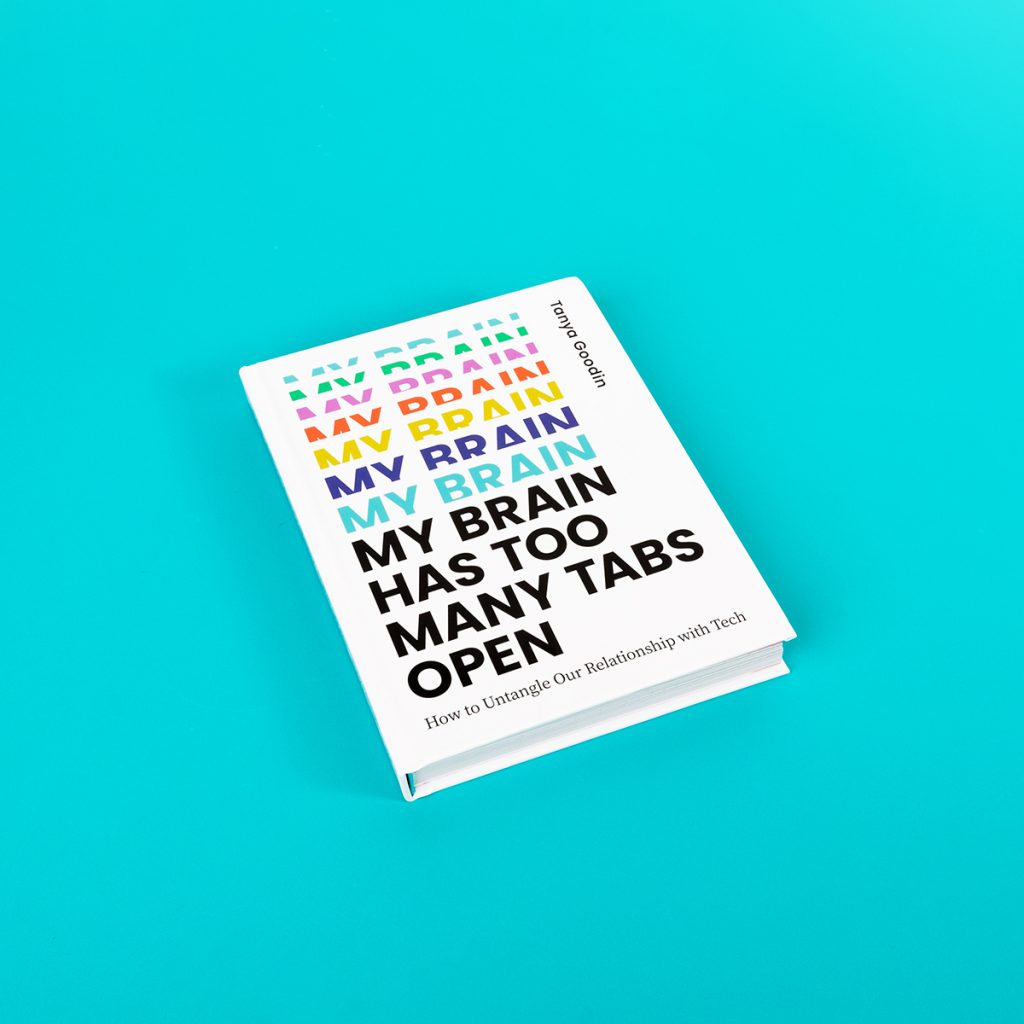
24 Jan The Connection Between Technology Overuse and Stress: How to Take Control
Technology use is an essential part of our daily lives, but its overuse can lead to stress and other negative effects on our mental and physical health. Studies have shown that excessive, or over, use of technology can cause negative effects on our mental and physical health, including stress, anxiety, and depression.
One study published by the American Psychological Association found that excessive use of technology can lead to a lack of face-to-face communication and social interaction, which can contribute to feelings of stress and isolation. Additionally, the constant stimulation and distractions provided by technology can make it difficult for individuals to relax and unwind, leading to increased levels of stress.
Another study published in the Journal of American College Health, found that there is a positive correlation between social media use and stress among college students. The study found that students who spent more time on social media had higher levels of perceived stress. Furthermore, the study also suggests that social media use may displace other activities that are beneficial for mental health, such as physical activity and face-to-face social interaction.
The Royal Society for Public Health also conducted research on the topic and found that technology use can cause sleep deprivation and lack of physical activity which can lead to an increased risk of stress, anxiety, and depression. Furthermore, the constant notifications and pressure to respond to messages can cause feelings of pressure and anxiety, which can lead to increased stress levels.
Tackling technology and stress
So, how can we take control of our technology use and reduce the stress it can cause? Here are some practical tips to help you get started:
- Set boundaries: One of the best ways to take control of your technology use is to set boundaries for yourself. This can include setting specific times of the day when you will not use technology, such as during meals or before bed. Additionally, you can set limits on the amount of time you spend on certain apps or websites. Research has shown that setting clear boundaries can help reduce feelings of stress and improve overall well-being.
- Take breaks: Another important tip is to take regular breaks from technology. This can include stepping away from your device for a few minutes every hour, or taking a technology-free day once a week. Research has found that taking breaks from technology can help reduce symptoms of stress and improve focus and productivity.
- Prioritise face-to-face communication: In today’s digital world, it is easy to rely on technology for communication, but research has shown that face-to-face interactions can be more satisfying and beneficial for our mental health. Try to make an effort to have more in-person conversations, whether it’s with friends, family or colleagues.
- Get enough sleep: The blue light emitted from electronic devices can disrupt our natural sleep patterns, making it harder to fall asleep and stay asleep. Research has shown that this can lead to feelings of stress and fatigue. To combat this, try to limit your technology use in the hour leading up to bedtime, as well as looking at the total time on screens during the day, and consider using a blue light filter on your devices.
- Engage in other activities: It’s important to have a balance in your life, and not to rely solely on technology for entertainment or socialising. Engage in other activities such as reading, exercising, or spending time outdoors.
- Seek professional help if necessary: If you find that your technology use is causing you significant stress, anxiety or depression, it may be helpful to seek professional help. A therapist or counsellor can work with you to develop a plan to manage your technology use and address any underlying mental health concerns.
Setting boundaries, taking regular breaks, prioritising face-to-face communication, getting enough sleep, engaging in other activities, and seeking professional help if necessary – these can all be effective ways of managing technology use and reducing stress. Be aware of the potential negative effects of too much time with tech and take steps to control your technology to promote well-being and reduce overall stress.

For more about improving your relationship with technology, check out our book ‘My Brain has Too Many Tabs Open‘.






Sorry, the comment form is closed at this time.